Articles
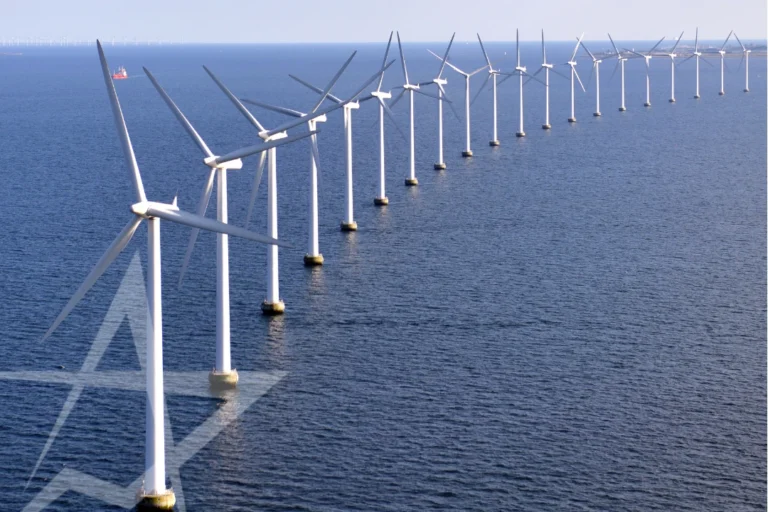
How Offshore Wind Energy Expansion Impacts Marine Ecosystems: Technical Challenges and Solutions
The global offshore wind energy sector is projected to grow by 330% by 2030, with installations expected to reach 630 GW worldwide (GWEC, 2023). While this shift supports decarbonization goals, it poses technical and ecological challenges for marine environments. Marine technical consultants are pivotal in bridging innovation with sustainability, ensuring projects align with environmental and regulatory standards. 1. The Rise of Floating Wind Turbines: Technical Advancements Floating wind turbines, capable of operating in waters deeper than 60 meters, are revolutionizing
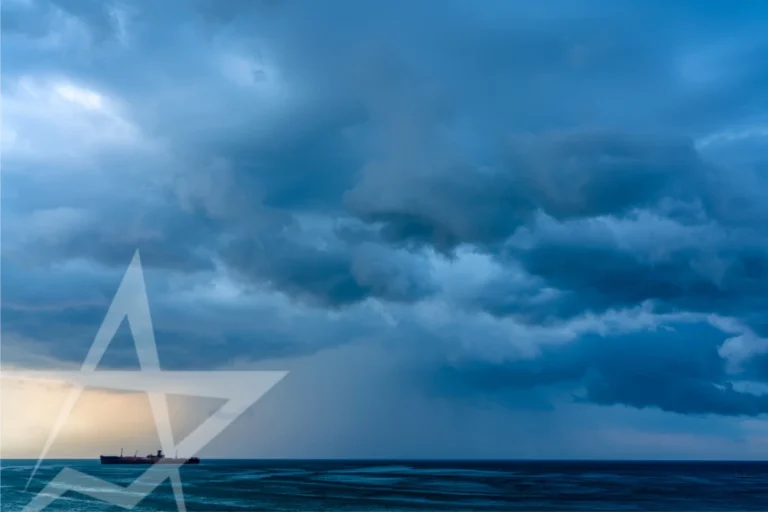
How Ships Withstand Extreme Weather
The ocean is a powerful force, capable of generating waves over 30 meters tall and winds exceeding 100 knots. Yet modern ships navigate these challenges daily, safely delivering goods, energy, and passengers. How do vessels endure such extremes? The answer lies in advanced engineering, advanced materials, and innovative technology. 1. Optimized Hull Design: Balancing Form and Function A ship’s hull is its first line of defense. Engineers prioritize designs that minimize resistance while maximizing stability. For instance: V-Shaped Bows: These
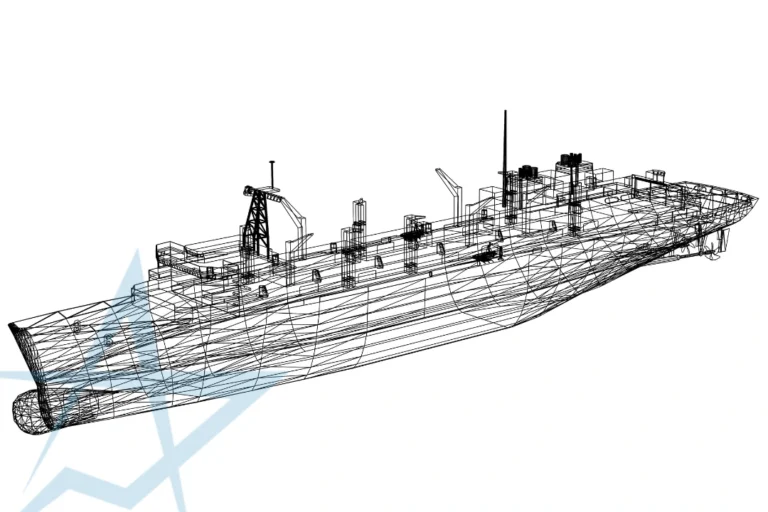
The Key Stages of Ship Design: A Comprehensive Guide
In the complex world of maritime engineering, ship design is a meticulous, multi-phase process that blends innovation, technical precision, and regulatory compliance. For stakeholders in the shipping industry, understanding these stages is critical to ensuring safety, efficiency, and cost-effectiveness. As a leading marine engineering consultant, we leverage cutting-edge research, industry standards, and decades of expertise to deliver optimized vessel designs. In this article, we break down the six core stages of ship design, supported by insights from journals, authoritative texts,
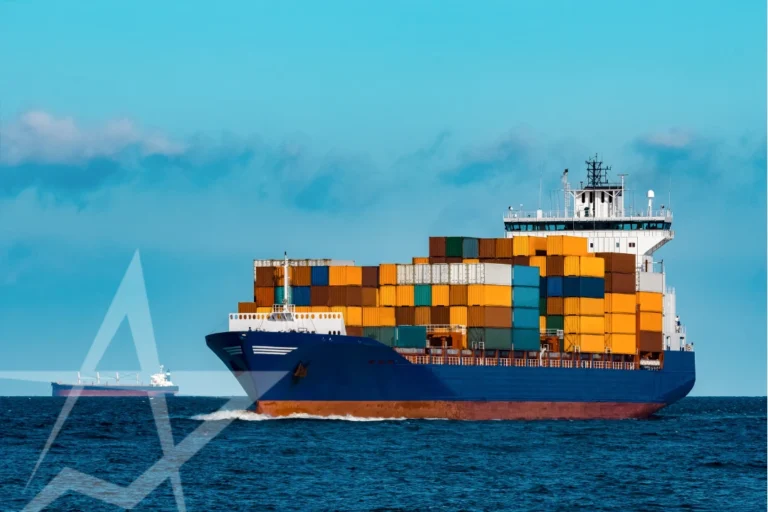
Enhancing Marine Safety with Computational Fluid Dynamics: Lessons from the Cargo Vessel Engine Room Fire
The fire aboard the cargo vessel Stride on January 8, 2024, during bunkering operations at Texas’s Barbours Cut Marine Terminal was caused by an incorrect valve installed in a diesel oil tank system six weeks prior to the incident, according to the National Transportation Safety Board (NTSB). The faulty valve likely triggered a fuel leak or pressure buildup, igniting a catastrophic fire in the engine room that claimed the lives of two crew members, left another critically injured, and resulted
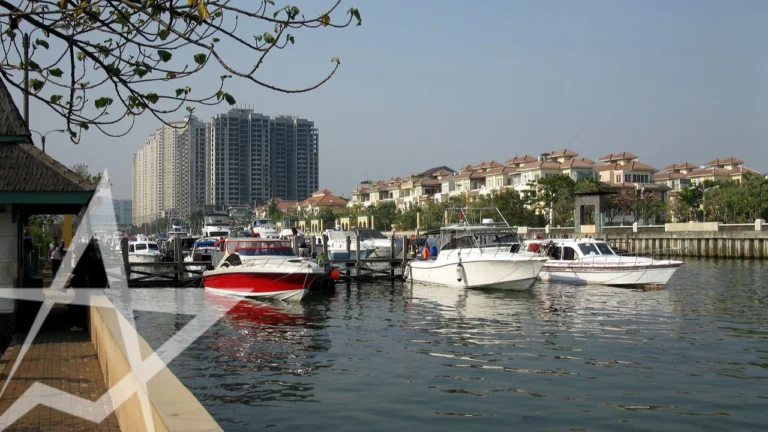
Empowering Fishermen and Drives Sustainable Growth in Ancol
Ancol, a vibrant coastal area in North Jakarta, is not just a tourist destination but a vital hub for Indonesia’s maritime heritage. With its bustling fishing communities and strategic location along the Java Sea. Marine engineering is the backbone of modern seafaring, combining cutting-edge technology with practical solutions to address challenges at sea. In Ancol, where fishing boats and cargo vessels navigate busy waters, engineering expertise ensures: Safer, Efficient Ship Designs: Modern hull designs, fuel-efficient engines, and corrosion-resistant materials extend

How Ships Withstand Extreme Weather
The ocean is a powerful force, capable of generating waves over 30 meters tall and winds exceeding 100 knots. Yet modern ships navigate these challenges
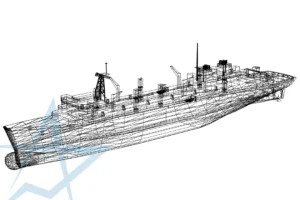
The Key Stages of Ship Design: A Comprehensive Guide
In the complex world of maritime engineering, ship design is a meticulous, multi-phase process that blends innovation, technical precision, and regulatory compliance. For stakeholders in
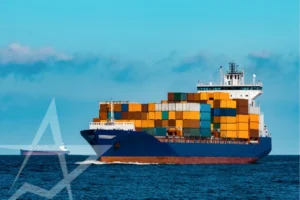
Enhancing Marine Safety with Computational Fluid Dynamics: Lessons from the Cargo Vessel Engine Room Fire
The fire aboard the cargo vessel Stride on January 8, 2024, during bunkering operations at Texas’s Barbours Cut Marine Terminal was caused by an incorrect

Empowering Fishermen and Drives Sustainable Growth in Ancol
Ancol, a vibrant coastal area in North Jakarta, is not just a tourist destination but a vital hub for Indonesia’s maritime heritage. With its bustling
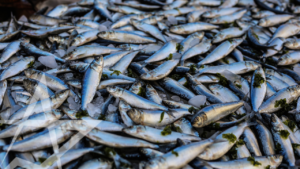
How Marine Engineering Consulting Supports the Fishing Industry
According to the Food and Agriculture Organization (FAO), approximately 58.5 million people are engaged in primary fish production. Fishermen play a crucial role, courageously navigating
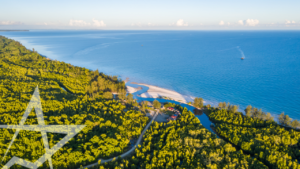
Sustainable Marine Engineering: Navigating Indonesia’s Green Transition and Global Maritime Innovation
Indonesia, the world’s largest archipelagic nation, stands at the forefront of maritime innovation as it balances rapid economic growth with environmental sustainability. With over 17,000
